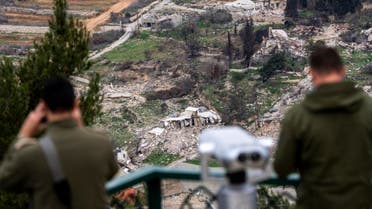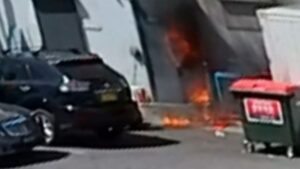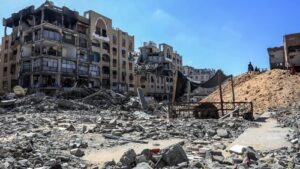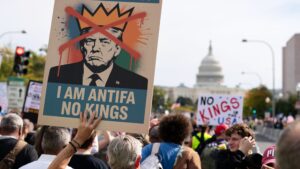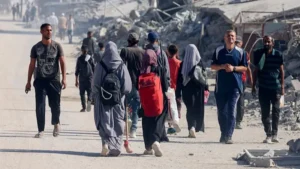A November 27 truce agreement largely halted more than a year of hostilities between Hezbollah and Israel, including two months of full-blown war in which Israel sent in ground troops.Israel has continued to carry out periodic strikes on Lebanese territory since the agreement took effect.
“A short while ago, the IDF conducted intelligence-based strikes on military sites in southern Lebanon belonging to the Hezbollah terrorist organization in which weapons and rocket launchers belonging to Hezbollah were identified,” the army said in a statement.
“The weapons and the rocket launchers in the military sites posed a threat to the State of Israel and constituted a blatant violation of the understandings between Israel and Lebanon,” it added.
Lebanon’s official National News Agency (NNA) reported a series of Israeli strikes targeting several areas of Lebanon’s south.
Israel had been due to withdraw from Lebanon by February 18 after missing a January deadline, but it has kept troops at five locations it deems “strategic.”
The ceasefire also required Hezbollah to pull back north of the Litani River, about 30 kilometres (20 miles) from the border, and to dismantle any remaining military infrastructure in the south.
Amnesty says Israeli attacks on Lebanon health sector should be probed as war crimes
Lebanon official media says two wounded in Israeli strikes in south
